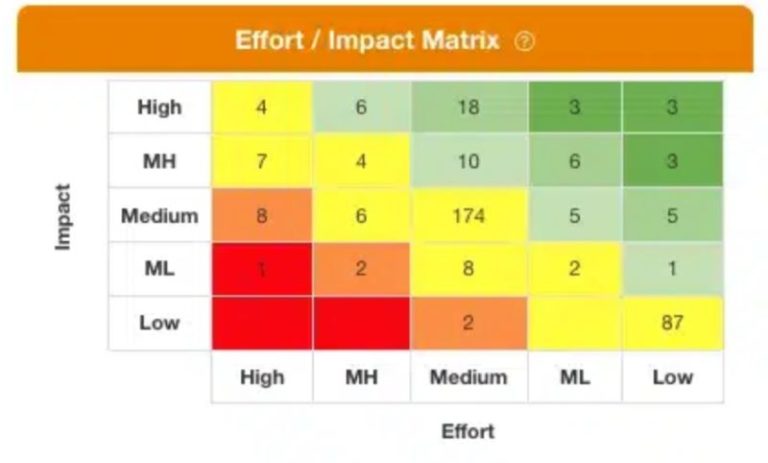

When you’re facing a legal battle, whether it’s a personal injury claim or a wrongful death case, one of the first concerns that might cross your mind is, “How much is this going to cost me?” That’s a valid concern. Legal representation can be expensive, and not everyone has the resources to pay upfront.
That’s where contingency fee arrangements come in. They’re designed to help people get access to justice without the burden of paying legal fees out of pocket. This setup can make a world of difference, especially if you’re dealing with medical bills, lost income, or the emotional toll of an accident.
You might’ve heard that some lawyers take cases for a contingency fee. But what does that really mean? How does it work? Let’s break it down clearly.
What Is a Contingency Fee?
A contingency fee means that your attorney only gets paid if you win your case. In other words, their payment is contingent on a successful outcome. If you don’t win or settle your case, you typically owe the attorney nothing for their time and effort.
Rather than charging hourly rates or flat fees, lawyers working under this arrangement agree to receive a percentage of your compensation once the case is resolved. This structure removes the financial barrier for clients who might not otherwise be able to afford legal help, and it motivates lawyers to work harder because their payment depends on the outcome.
When Is a Contingency Fee Used?
Contingency fees are most common in cases involving vehicle accidents, medical malpractice, product liability, wrongful death, and employment discrimination. If there’s a possibility of winning financial compensation, a lawyer will be willing to take the case on a contingency basis.
Here’s a quick look at the types of cases that often qualify:
- Car accidents and motorcycle crashes
- Slip-and-fall or premises liability claims
- Workplace injuries or third-party liability claims
- Defective product lawsuits
- Civil rights violations or harassment cases
In criminal defense or family law cases (like divorce or custody), contingency fees aren’t typically allowed or practical because these types of cases don’t involve financial recovery.
How Much Do Lawyers Take?
Contingency fee percentages can vary. The industry standard is around 33.3% (or one-third of the settlement), but that number may go up depending on how complex the case is or how far it goes into litigation.
For example:
- If your case settles before filing a lawsuit, the fee might be 25%–33%.
- If it goes to trial or appeal, the fee could rise to 40% or more to reflect the added time, risk, and work involved.
Most attorneys will also deduct case-related expenses from the final settlement. These could include filing fees, expert witness costs, court reporters, medical records, and investigation costs. Make sure your agreement clearly outlines how these costs will be handled.
Benefits of Contingency Fee
Contingency fee arrangements have some great benefits, especially for those with limited financial means.
- No upfront cost: You can pursue your case without worrying about legal bills.
- Shared risk: Your attorney takes on the financial risk, so they’re more invested in your success.
- Aligned interests: Your lawyer only gets paid if you do, so you’re both aiming for the best possible outcome.
What Should You Look for in a Contingency Fee Agreement?
Before signing anything, make sure your contingency agreement is clear and detailed. It should include:
- The exact percentage the lawyer will take
- How and when expenses will be deducted
- What happens if you lose the case?
- Whether you’re responsible for any out-of-pocket costs
Don’t be afraid to ask questions. This is your case and your money. The right attorney will walk you through every line of the agreement so you’re comfortable and fully informed before moving forward.
Final Thoughts
Understanding how a contingency fee arrangement works can give you more confidence when deciding whether to pursue legal action. It’s a practical option that gives everyday people access to skilled legal representation without the stress of upfront costs or hourly fees.
If you’re considering filing a lawsuit and worried about the cost, speak to an attorney who offers contingency-based services. Ask how they evaluate potential cases, what their fee structure looks like, and what kind of results they’ve achieved for clients in similar situations. When it comes to getting the justice you deserve, financial barriers shouldn’t be the reason you walk away.


